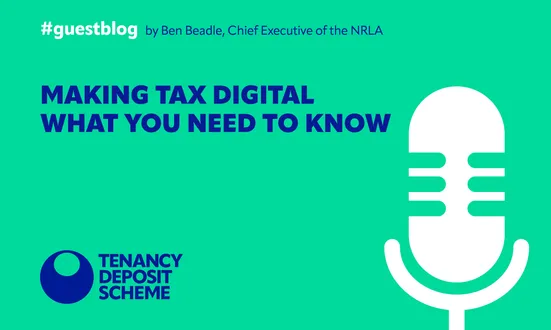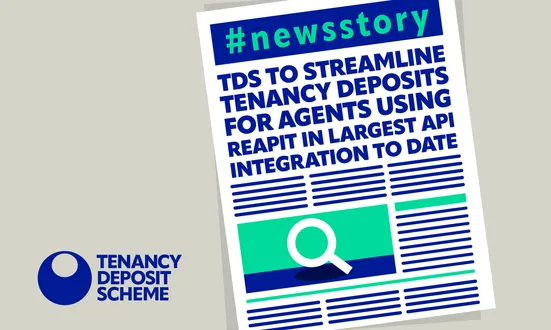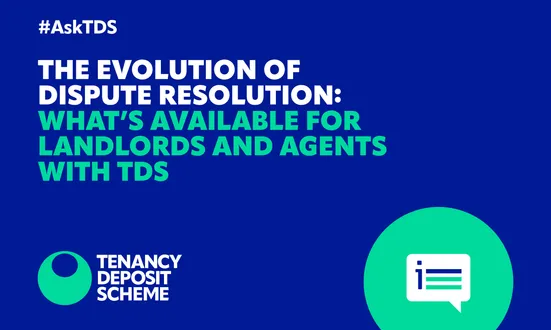The government’s long-awaited rental reform plans have now been made public, but are lacking the key details landlords want and need. NRLA Chief Executive Ben Beadle explains what needs to happen next.
The Renters (Reform) Bill will bring with it the biggest changes the PRS has seen in more than 30 years, the most dramatic being the loss of Section 21 repossessions.
Since it was introduced under the Housing Act 1988, Section 21 has offered a swift and effective way of regaining possession for those who needed to, whether that was to sell the property, move in themselves, or other, myriad – and legitimate – reasons.
For those of us with serious concerns about how this change will affect us and our businesses, the government has offered some reassurance, pledging the Bill will protect the ‘vast majority of responsible landlords, making it easier for them to recover properties from anti-social tenants, or where tenants wilfully do not pay rent’.
It goes on to say the measures will also ‘ensure landlords can sell their property, or move in close family members, should their circumstances change’.
What it doesn’t say however, is how this will actually work in practice, which is what landlords need to know if they are to have confidence to remain in the sector and continue to invest.
Without this reassurance, the government risks exacerbating the current rental supply crisis, with the very real risk that landlords will cut their losses and exit the sector.
What does the Bill include?
The Bill, as proposed by the government this week, aims to strengthen tenants’ rights in line with promises made in the Conservatives’ manifesto promise. It will see:
- Section 21 abolished,
- Responsible landlords given the right to recover their properties more easily from anti-social tenants,
- The introduction of a new digital Property Portal,
- A new Ombudsman to provide quicker and cheaper resolutions than the courts,
- New legal rights introduced for tenants who want to keep pets.
There were few surprises in the Bill, which mirror the proposals laid out in Government’s White Paper, published in June last year.
However, there was disappointingly little detail about what the changes will look like and how and when they will be implemented.
Whilst we welcome the government’s pledge to ensure landlords can swiftly recover properties from anti-social tenants and those failing to pay their rent, more detail is needed if the Bill is going to work.
We also welcome the fact the government has adopted the NRLA’s proposal to digitise more of the court process for evictions, but we need to know what this will look like – and how long it will take.
Ministers need to develop a proper plan to improve the speed at which the courts process legitimate possession claims and increase staffing in the court system for this to work.
Similarly scant detail was provided as to what the proposed Property Portal will look like.
The new rules around pets mean tenants will have the legal right to request a pet in their home, which the landlord must consider and cannot unreasonably refuse, with the NRLA welcoming the fact the government agreed with the NRLA, that landlords can require pet insurance to cover any subsequent damage.
What is missing from the bill?
Another disappointment from our point of view was the lack of movement on student tenancies.
Introducing open-ended tenancies will actually make life more difficult for students. Without the ability to plan around the academic year, students will have no certainty that properties will be available to rent at the start of the academic year and run the real risk of student landlords moving out of the market.
This isn’t pie in the sky, but something we are already seeing north of the border in Scotland, where similar rules have been introduced. Some universities have already declared housing emergencies, with students unable to take up much sought-after university places as they have nowhere to live.
What happens next?
The Bill is not yet a fait accompli, so we will continue to campaign for a workable means to bring tenancies to an end in the student sector that works for both landlords and tenants.
While not included in proposals within the Bill itself, the government has also pledged to:
- Apply the Decent Homes Standard to the private rented sector for the first time.
- Make it illegal for landlords and agents to have blanket bans on renting to tenants in receipt of benefits or with children.
- Strengthen councils’ enforcement powers and introduce a new requirement for councils to report on enforcement activity – to help target criminal landlords.??
Action on enforcement is another NRLA call adopted by the government, yet again, plans are lacking in detail.
While the Bill has now been published, it has a number of hurdles to clear before it becomes law, which you can learn more about here.
In the meantime, we will continue to work with the government, MPs and Peers to ensure the Bill is workable and fair to both responsible landlords and tenants.
More information
The NRLA is developing a suite of resources to keep members up-to-date with the Bill and is hosting a series of exclusive member-only webinars to provide insights into the key proposals and to answer any questions landlords may have. To register for our first webinar on Friday 19 May, click here.
We would also advise you to keep a close eye on our news site and social media channels, where we will provide regular updates on all the latest developments.

Ben Beadle is chief executive of the National Residential Landlords Association (NRLA), the UK’s largest trade body for landlords.
A landlord himself since the age of 20, Ben started out as property manager before working his way up through the ranks at Tenancy Deposit Scheme (TDS).
He was then Operations Director at property management business Touchstone before overseeing the merger of the National Residential Landlords Association (NLA) and Residential Landlords Association (RLA) to create the new trade body earlier this year.
His key aims as head of the organisation are to strengthen the voice of landlords in Westminster and Cardiff, to improve the reputation of landlords in the media and to support members through information, training and accreditation.
NRLA: The NRLA updates landlords on all the latest legislation changes affecting the sector and offers expert advice, training and other exclusive services and benefits.
Other news stories


